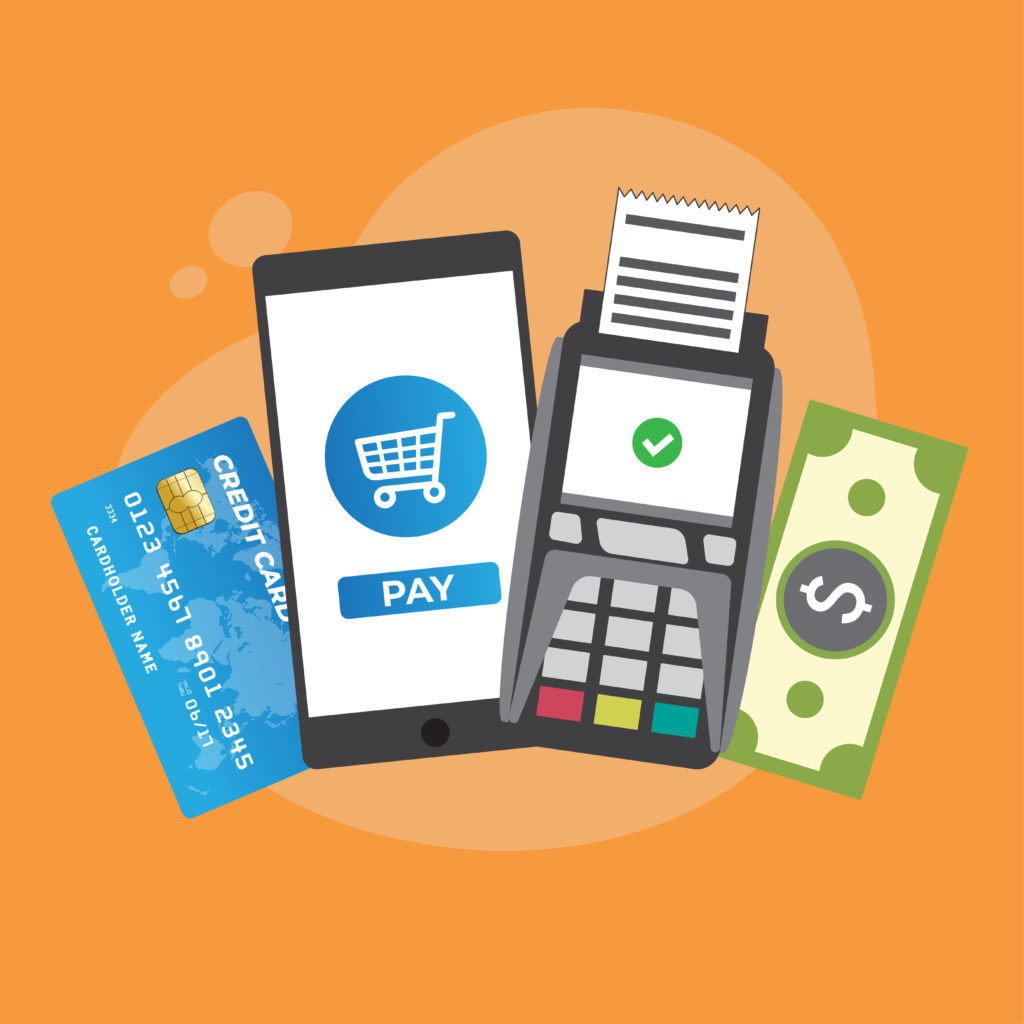What is a Payment Gateway?

Payment gateways are a key part of eCommerce, and for a good reason. They make it easy for your customers to pay you without leaving your site. And, since they’re integrated into many browsers and platforms, payment gateways are a no-brainer for online businesses of all sizes. This blog post will teach you about the different types of payment gateways available in the market and how to choose the right one for your business. We’ll also provide a few tips on getting the most out of your gateway and increasing customer conversion rates.
What is a Payment Gateway?
A payment gateway is a web-based service that allows businesses to process customer payments. Payment gateways provide several features, such as handling customer payments, billing, and order processing. Payment gateways may also provide fraud protection and services such as merchant account registration and dispute resolution.
There are many different payment gateways available, each with its features and advantages. Some popular payment gateways include PayPal, Stripe, and Square. Each has its own requirements and limitations, so choosing the right one is important for your business.
Why Use a Payment Gateway?
A payment gateway is a technology that allows merchants and marketers to accept customer payments through a third-party system. Payment gateways handle the complex electronic fund transfer (EFT) and credit card processing for merchants, making it easier for them to take online payments.
There are many benefits of using a payment gateway:
- Merchants can save time and money by not having to deal with credit card processing themselves.
- Payment gateways offer security and fraud protection, helping merchants avoid chargebacks and lost revenue.
- They help merchants improve their customer relationships by providing an easy way for customers to pay without having to remember multiple payment cards or addresses.
- Businesses can focus on selling products and services by using a payment gateway instead of spending time processing payments. Here are some types of API Gateway
How Payment Gateways Work
A payment gateway is a tool that allows online merchants to process credit and debit card payments. ECommerce stores often use payment gateways that receive a higher volume of payments than they can handle directly. By using a payment gateway, the store can outsource the processing of these payments to a third-party company. Payment gateways come in different shapes and sizes, and many offer discounts and other benefits to merchants who sign up for their services. Some popular payment gateways include Authorize.Net, PayPal, and Stripe.
Types of Payment Gateways
There are many payment gateways, but the most common are those that accept credit and debit cards. Payment gateways help online businesses process payments through their system by converting customer data into bank account information. This way, the business can collect payments automatically without bothering the customer.
Some payment gateways also offer advanced features such as merchant account processing, which allows businesses to receive payments from customers and process their transactions without needing a separate merchant account.
There are a variety of payment gateways available, including:
PayPal: This is one of the most popular payment gateways, with over 200 million active users. PayPal allows merchants to accept customer payments through its online interface and third-party providers such as credit card processors.
Stripe: Stripe is another popular payment gateway, with over 800,000 businesses using it to process payments. Stripe allows merchants to accept payments in more than 50 countries and currencies and to process donations for charity.
Square Cash: Square Cash is a mobile payment gateway that lets users make payments using their smartphones. Square Cash also offers merchant services such as order tracking and receipt printing.
With that, you also need to know about EDI payment. An EDI payment is an electronic payment that allows transferring funds between two or more organizations. This type of payment is typically used to transfer large sums of money and coordinate the exchange of information between companies. You can learn more about Edi Consultant for your business benefits.
What are the Benefits of using a Payment Gateway?
A payment gateway is a service that allows online merchants to process payments by accepting credit and debit cards, cheques, and other forms of payment. Payment gateways help merchants reduce processing time, increase revenue and improve customer service.
Some of the benefits of using a payment gateway include the following:
- Reduced processing time: Payment gateways allow merchants to process payments quickly, saving them time and money.
- Increased revenue: Payment gateways can help merchants earn more money by reducing the number of transactions they have to process.
- Improved customer service: By automating the payment process, payment gateways can improve customer service by reducing wait times and providing more consistent levels of support.
Conclusion
A payment gateway is a service that allows businesses to process payments online. Payment gateways come in different shapes and sizes, but the basic premise is the same: they help you accept and process customer payments. There are a ton of great payment gateways out there, so it’s important to do your research before selecting one. Consider security, interchange support, customer support, and pricing. Once you’ve chosen a payment gateway, it’s important to integrate it into your website.

